
Get Instant Solution By an Expert Advisor
(4.8)
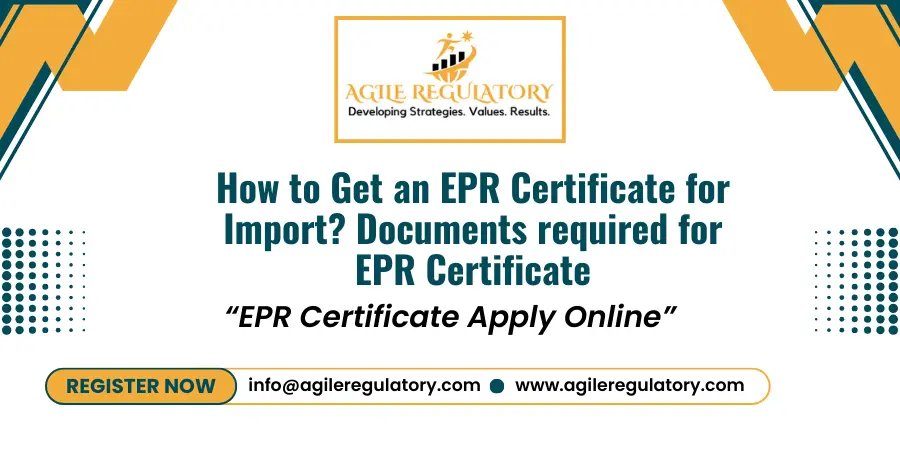

In India, Extended Producer Responsibility (EPR) for import, particularly for electronic garbage (E-waste), is a crucial waste management strategy. EPR permission is issued by the Ministry of Environment, Forests, and Climate Change's Central Pollution Control Board (CPCB).
Electronic manufacturers receive an Indian EPR Certificate or Authorization, often referred to as an E-Waste Management license, which is a legal obligation to manage electronic waste in an environmentally responsible way. It guarantees that producers and importers assume responsibility for the whole life cycle of their products, including appropriate disposal and recycling, and is issued by the Central Pollution Control Board (CPCB).
A legislative framework known as Extended Producer Responsibility, or EPR, transfers financial accountability for waste disposal from municipal governments to the producers of plastic packaging. In addition to providing recycling with much-needed funds and efficiency, implementing a national EPR system in India can encourage package designers to produce reusable or recyclable goods. This strategy promotes ways to lessen the impact of items on the environment. EPR guarantees customer access to recycling and equity in doing so, while also streamlining recycling processes.
With an EPR certificate, importers are able to:
Importers must submit a number of documentation in order to receive an EPR Certificate in India, including:
 Name of Company and Details
Name of Company and Details
 Information of the Appointed Representative
Information of the Appointed Representative
 GST Certificate together with PAN Card
GST Certificate together with PAN Card
 Corporate Identification Number (CIN)
Corporate Identification Number (CIN)
 Certificate of Importer Exporter Code (IEC)
Certificate of Importer Exporter Code (IEC)
 Details of Aadhar Card
Details of Aadhar Card
 PAN Card Details
PAN Card Details
 Scannable Signatures of Licensed Staff
Scannable Signatures of Licensed Staff
 Cover Letter
Cover Letter
 Additional supporting documents
Additional supporting documents
The following steps are included in the EPR certification process for acquiring an EPR Certificate in India:
Step 1: Compile all the paperwork needed for the EPR certification procedure.
Step 2: In accordance with the regulatory authority's rules and specifications, submit the necessary documents to the authorities.
Step 3: To confirm compliance with EPR requirements, an evaluation will be carried out by the regulatory body.
Step 4: The documents presented will be examined by the regulatory body.
Step 5: The importer will get the EPR Registration Certificate from CPCB following a successful review and approval process.
EPR certificate is required for importer in order to create a sustainable environment. A reliable company like Agile Regulatory can offer advice and guidance, which makes the process of getting an EPR Certification much easier and more effective.
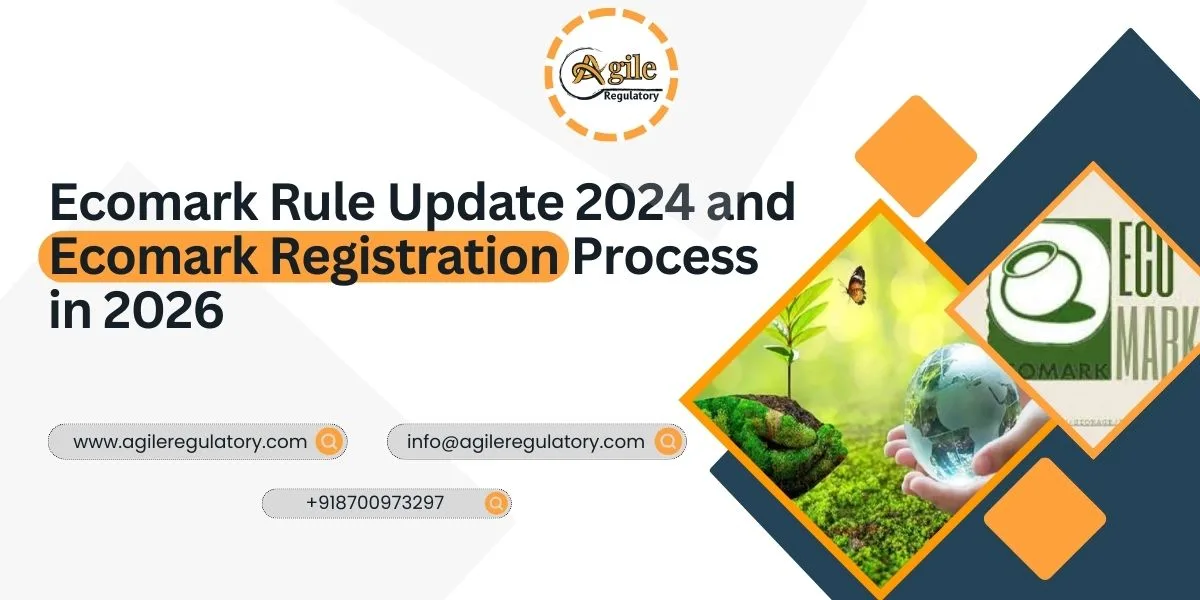
 Vanshika Mathur
Vanshika Mathur
26 Feb, 2026
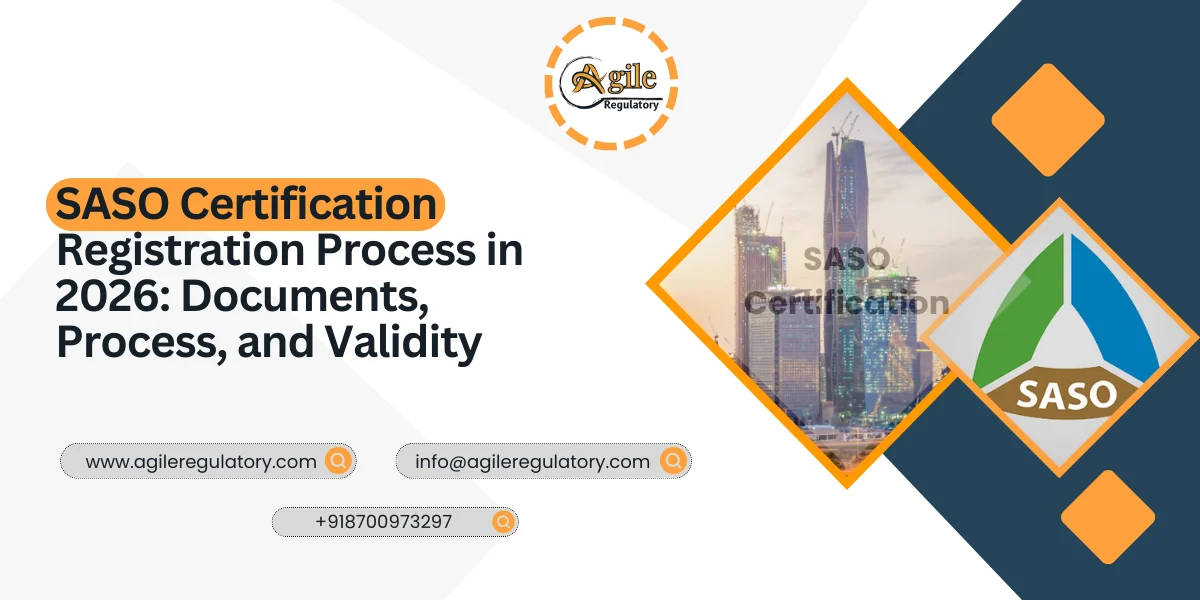
 Divya Saxena
Divya Saxena
26 Feb, 2026

 Nishi Chawla
Nishi Chawla
26 Feb, 2026
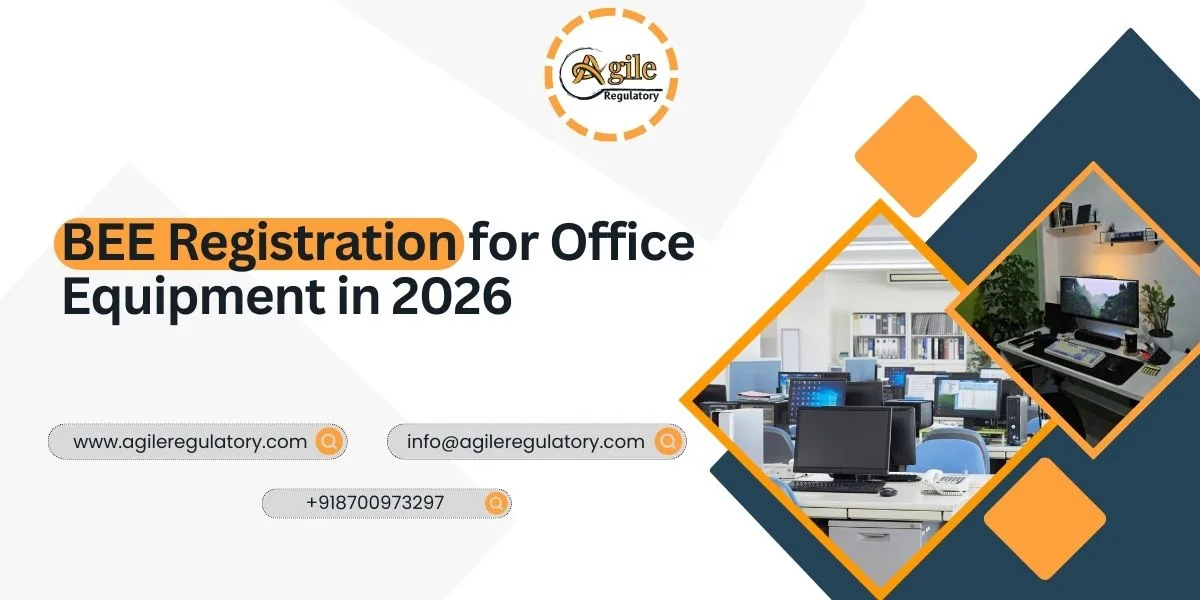
 Nishi Chawla
Nishi Chawla
26 Feb, 2026
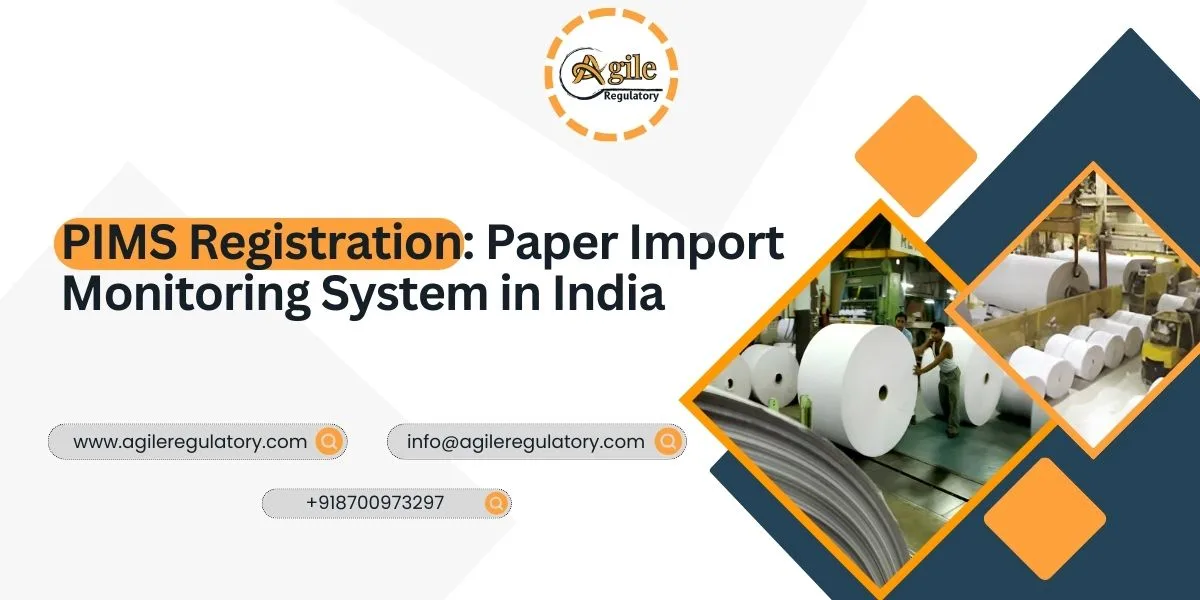
 Vanshika Mathur
Vanshika Mathur
25 Feb, 2026

Get Instant Solution By an Expert Advisor
(4.8)
We simplify compliance through a proven 4-step process: Consultation, Documentation, Submission, and certification. From understanding requirements to getting final approvals, we deliver a smooth, timely, and fully compliant journey for your business.
What our customer says about us
Fantastic support from the team. Their expertise transformed our approach, driving remarkable outcomes. A must-have partner for businesses seeking effective consulting solutions. Highly recommended.

KTPL Instruments
Agile Regualtory delivers exceptional solutions. Their insightful guidance streamlined our processes and boosted profitability. Highly recommended for businesses seeking expert consulting services to thrive.

Justrack IOT
Impressed by Agile Regulatory's expertise. Their strategic insights and practical solutions have elevated our business operations. A reliable partner for effective consulting services. Highly recommended for growth-focused businesses.

Coaire Compressor
Extraordinary consulting services. Their insightful solutions and dedicated team reshaped our business, driving remarkable improvements. Highly recommend it for transformative results.

Easy Polymer
Incredible experience with Agile Regulatory. Their innovative strategies and expert advice revitalized our business model, resulting in impressive growth. Highly recommend their exceptional consulting services.

Tarus International
Top-tier consulting! offered strategic solutions that revolutionized our approach. Their deep expertise and personalized guidance made a significant impact on our success. Highly recommend their services.

Anchor Weighing
Agile Regulatory exceeded expectations! Their tailored solutions, expertise, and proactive approach led to remarkable results. Highly recommend for businesses seeking impactful and strategic guidance.

AM Capacitor
Outstanding service! delivered targeted solutions with professionalism and expertise. Their insights elevated our business strategies, resulting in noticeable growth. Highly recommended for exceptional consultation.

Imaxx Pro Aquistic
Leave a Reply
Your email address will not be published. Required fields are marked *